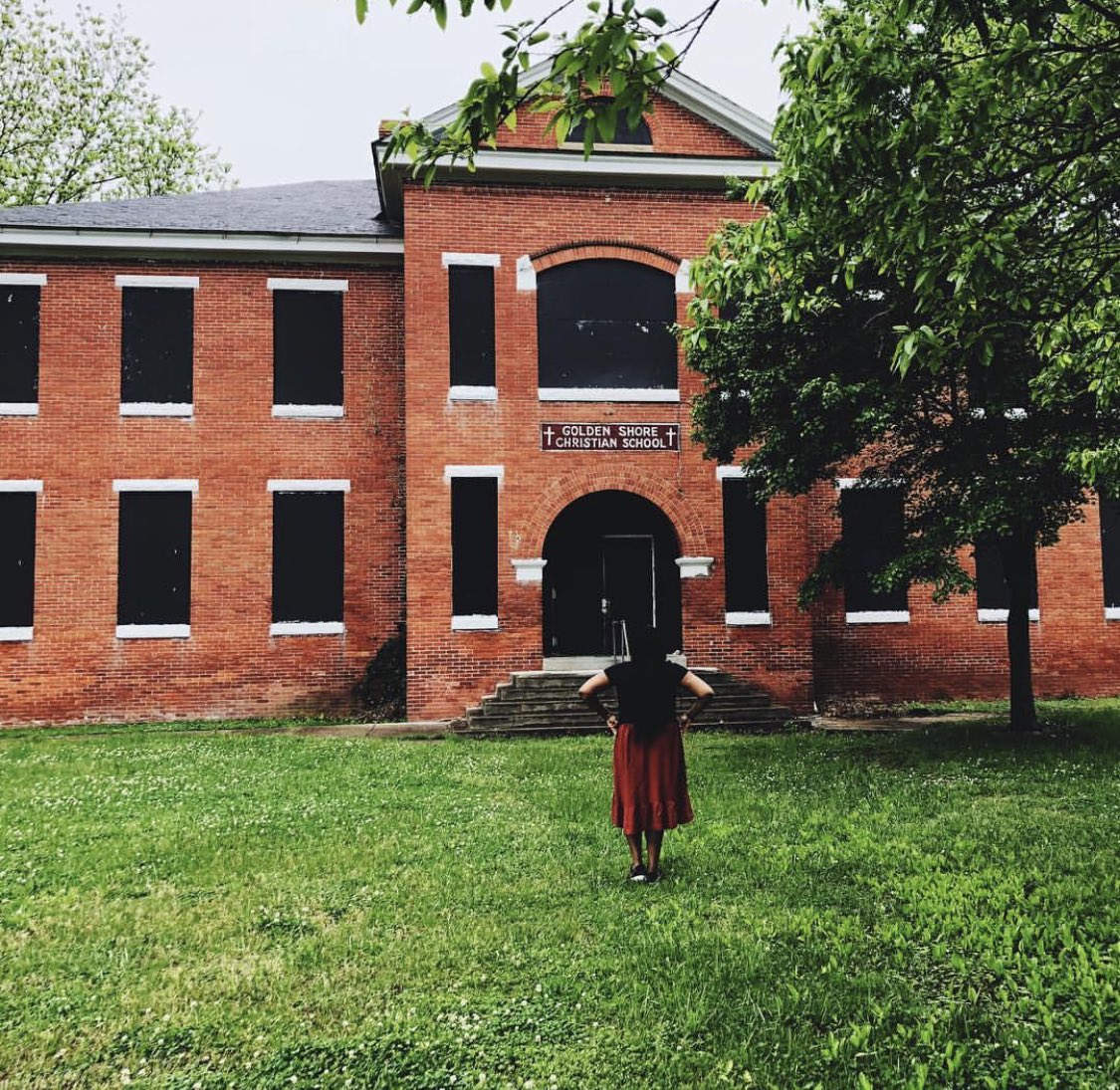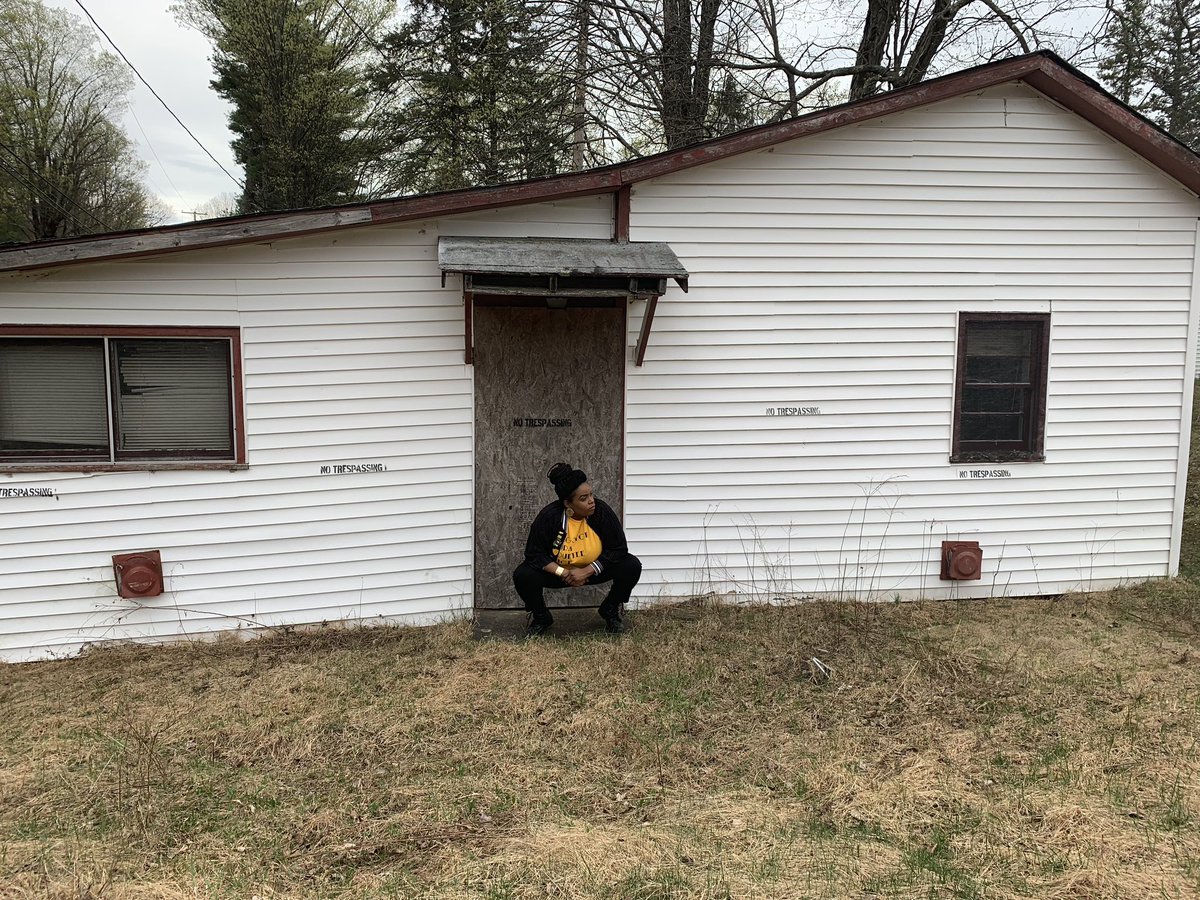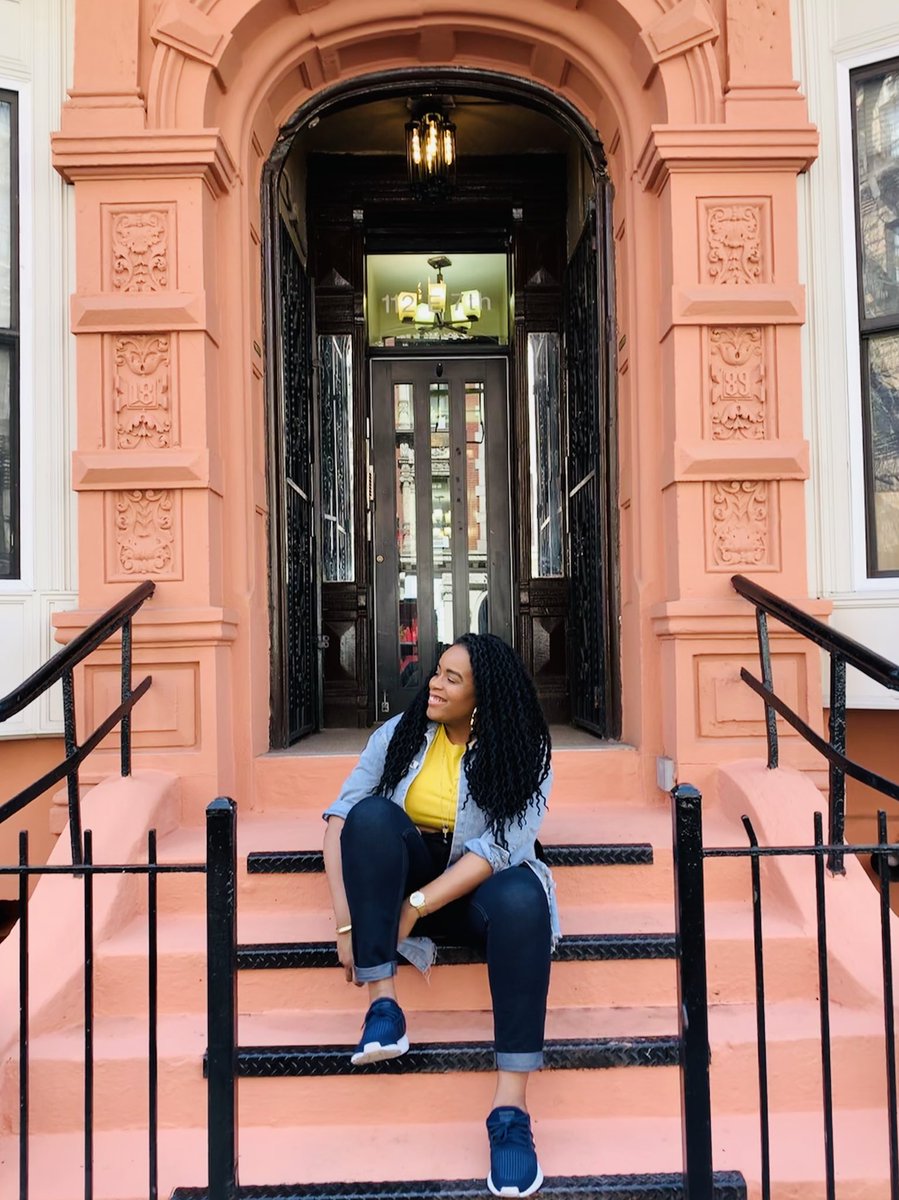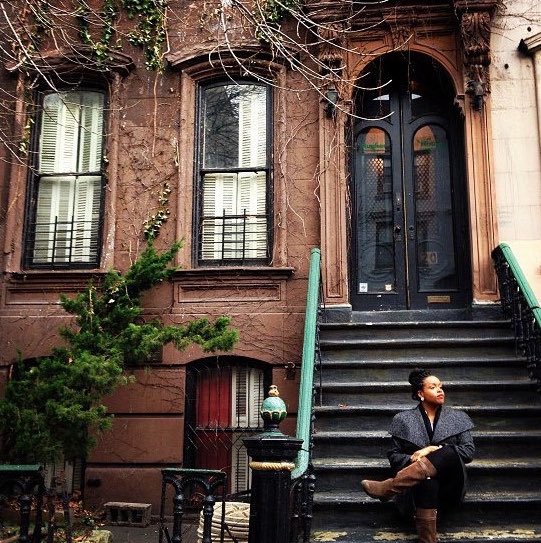I’ve just finished my most recent one, so time to reflect
I’ll probably blog this up eventually, initially I’d planned to talk at @TMHistoryIcons but I’m useless at sorting my life out 🤷♂️
/n
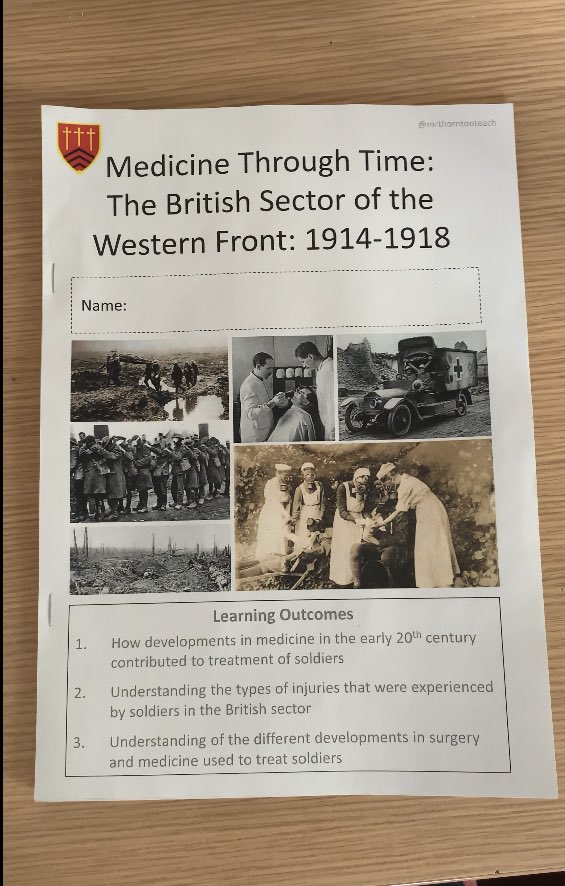
I’ve a new Y9 cohort who are LPA, so I wanted to both make the course accessible but challenging and apply #cogsci principles
Also, something @MrSamPullan tweeted last year, “use the notes, don’t do the notes” struck with mea reduce time on heavy note making
I love modelling, especially I, We, You and scaffolding. The booklets contain tons of worked examples, live modelling, completion examples, example pairs and the gradual phasing out of teacher guidance
Lots done using visualiser or using @mrwmhistory ppt
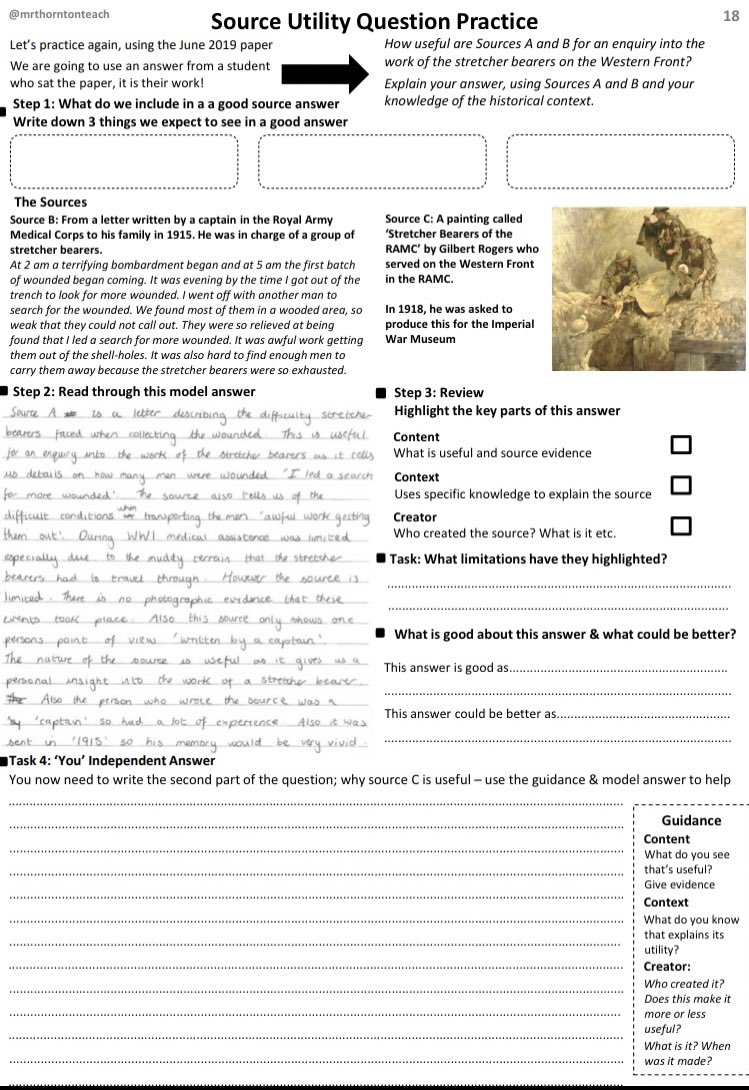
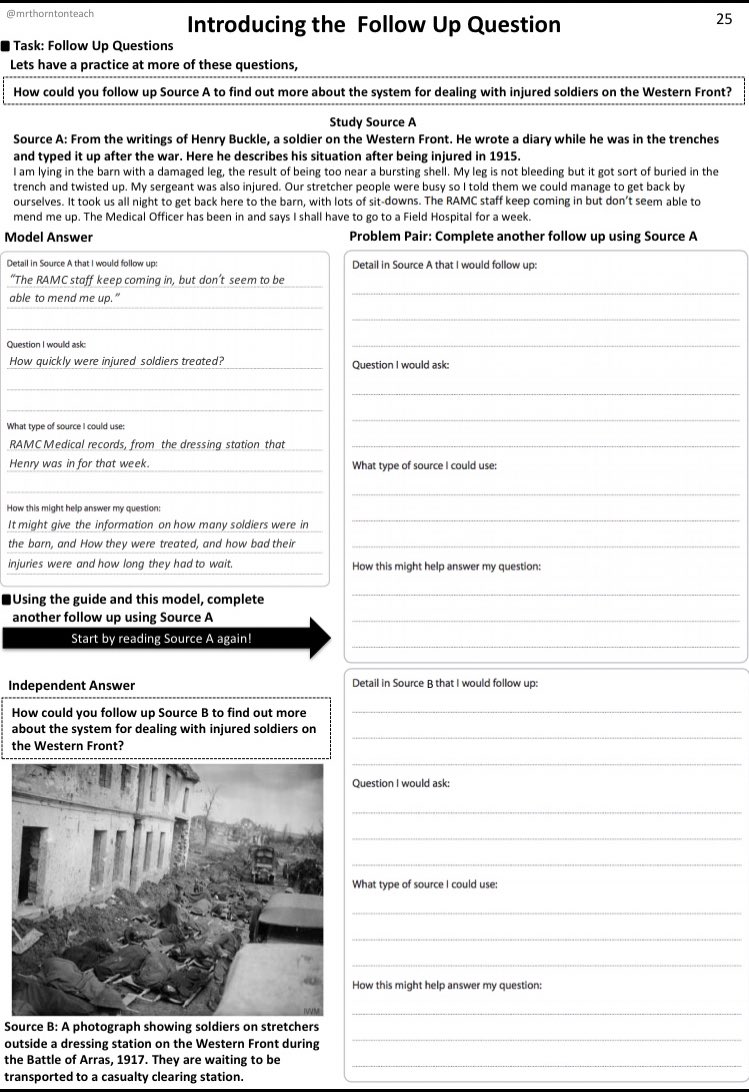
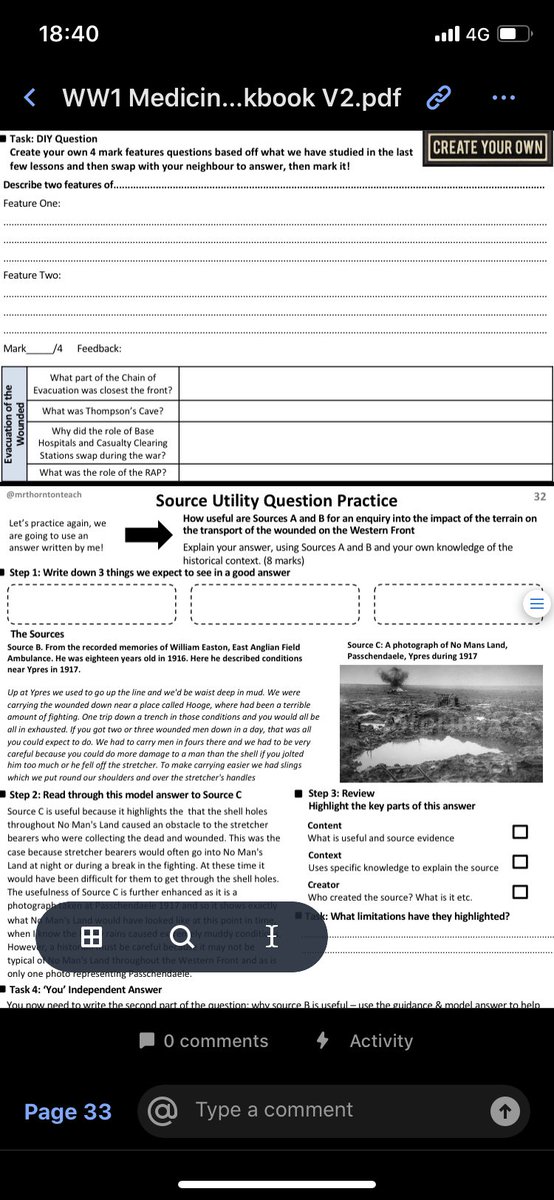
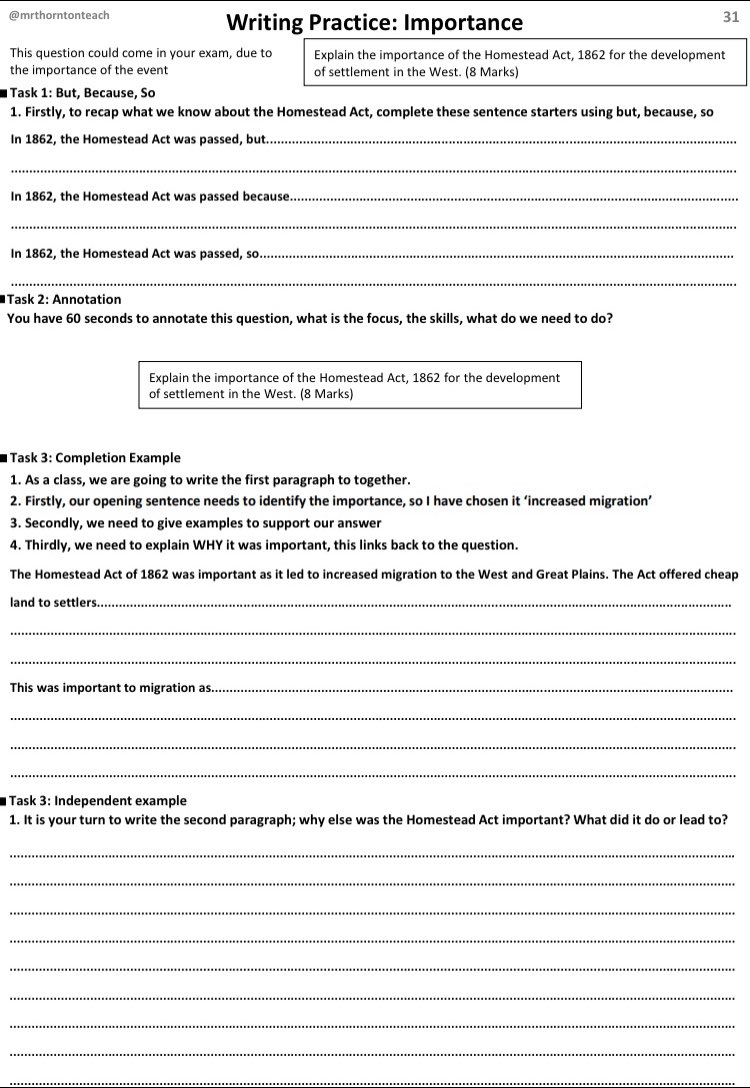
Students get overviews of each topic, KO’s and keyword banks to provide them with the big picture, key concepts etc
content is introduced in smaller steps, lots of practice and tons of questioning & instruction - I annotate my own booklet as prep
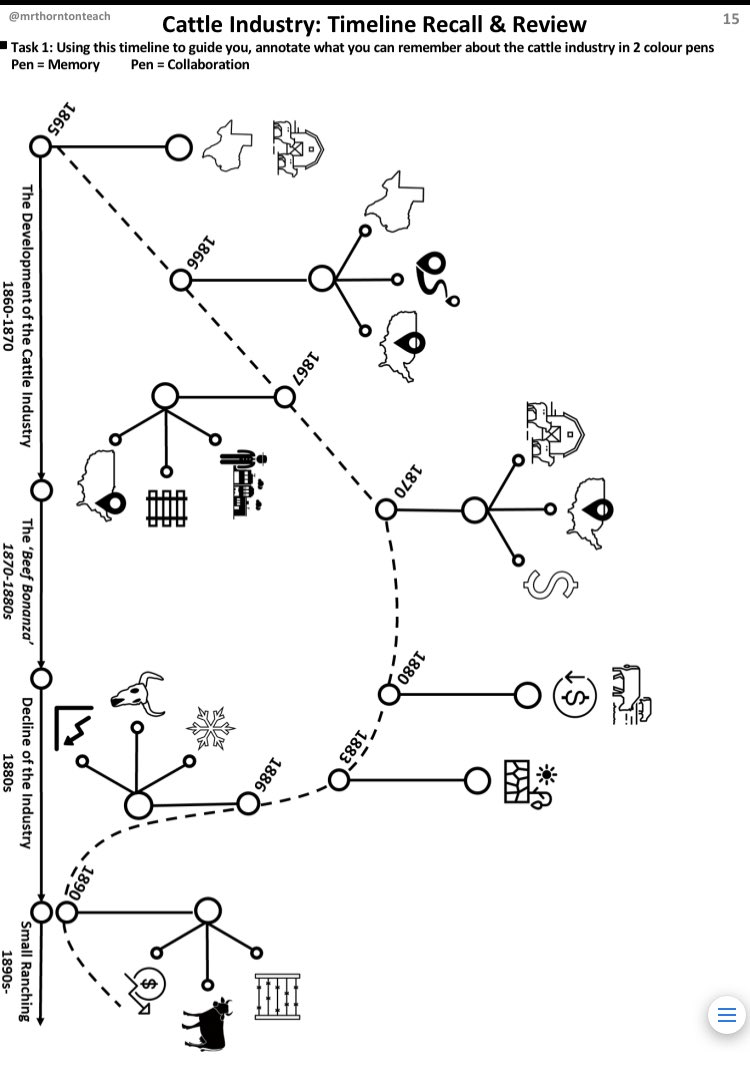
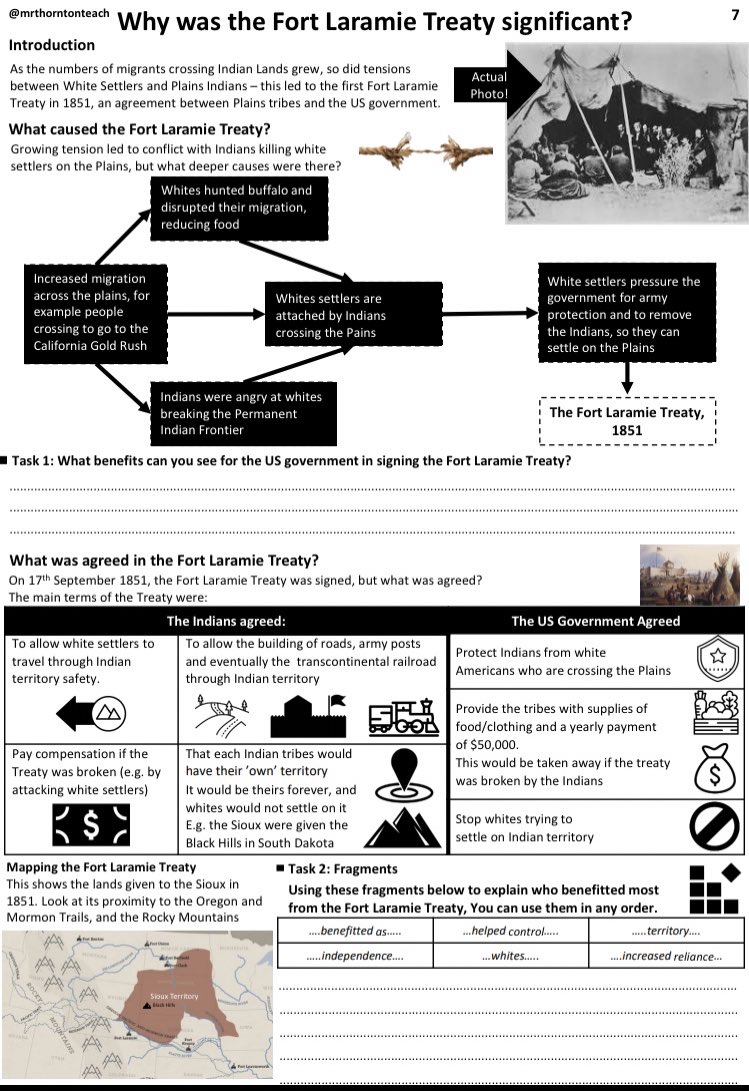
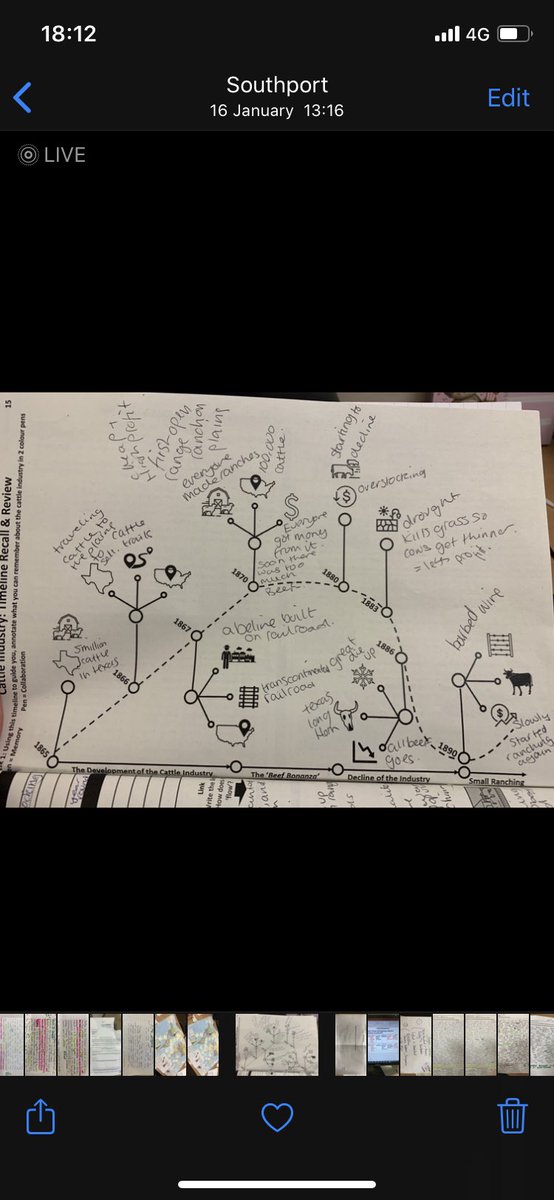
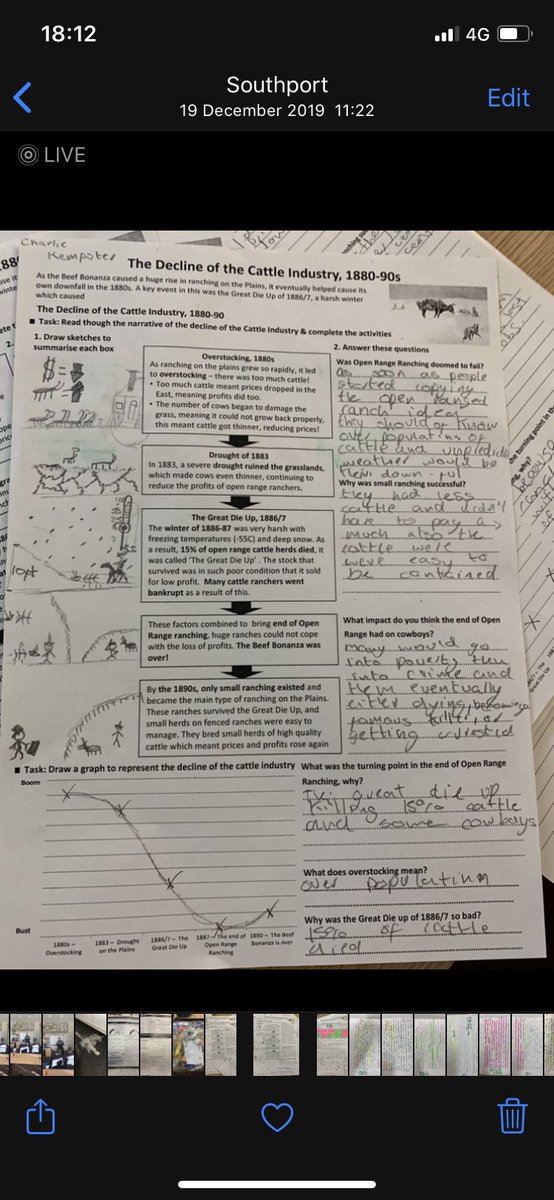
Lots of opportunity in starters and recap sections to review, retrieval and apply knowledge - I’d say my classes fingertip knowledge has improved
Next year plan is to use more responsive quizzing, using @MissBKearns retrieval map, targeting issues weekly
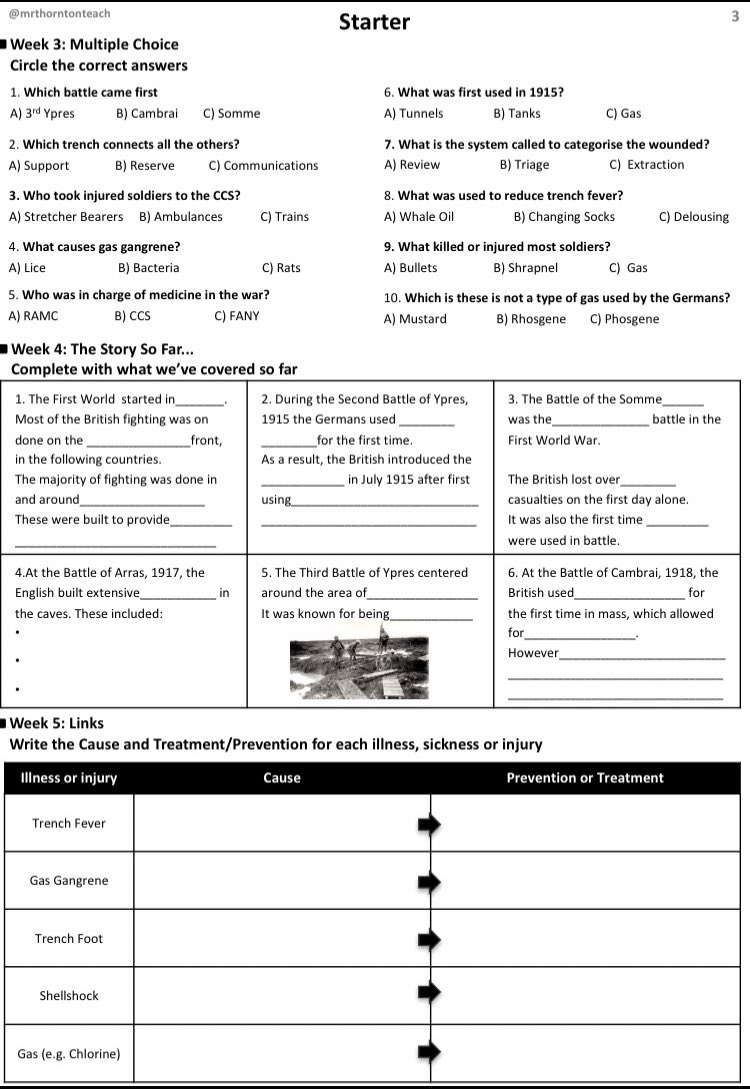
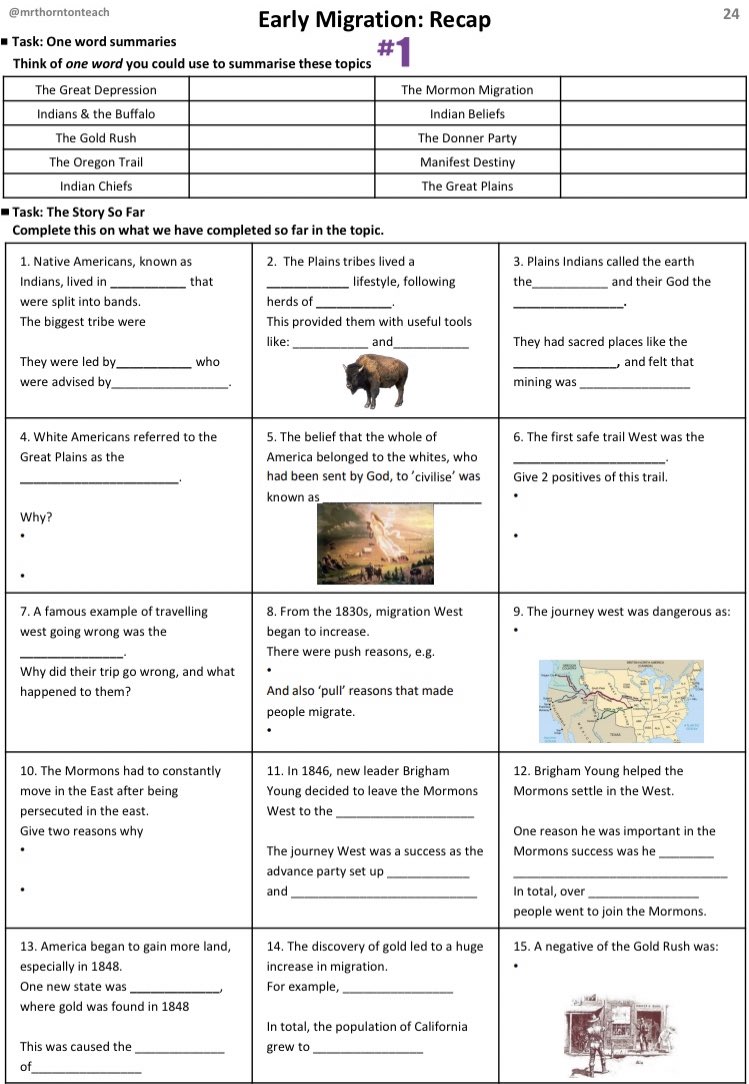
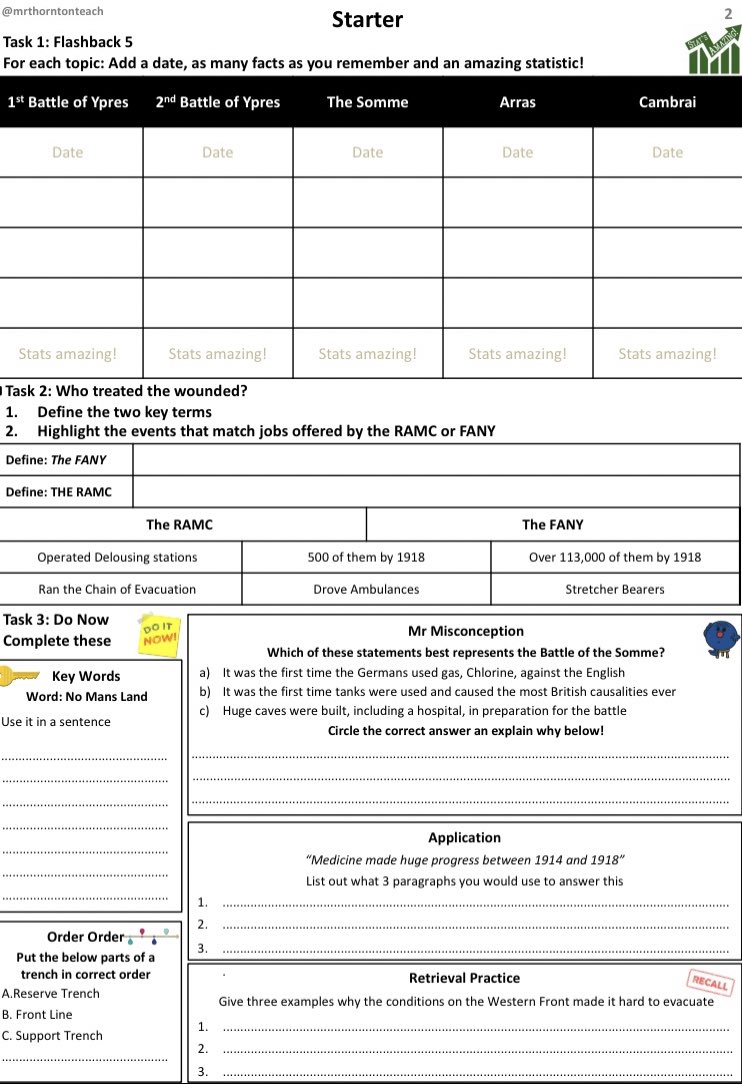
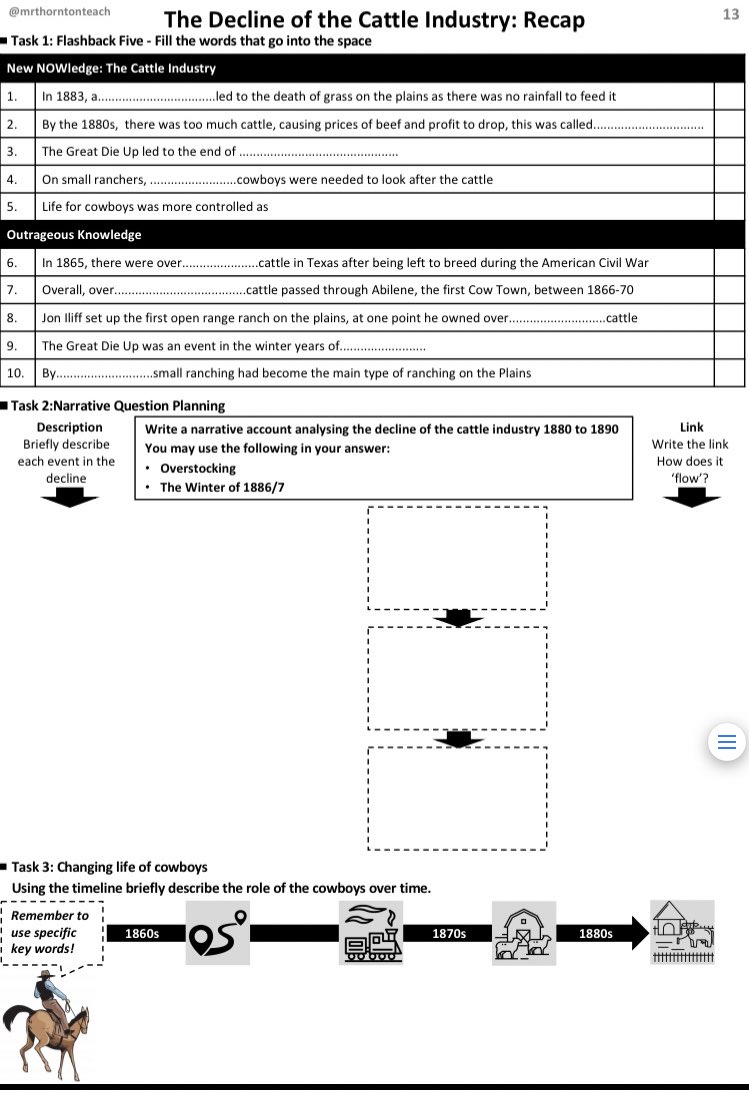
I’m also aware that I still want to teach the same lessons as I’ve done before, so I’ve kept the same activities we’ve always done!
Thanks also to @SPBeale @KKNTeachLearn @mrwmhistory @26mxw @missHRhistory - who I’ve also nicked lots of ideas off
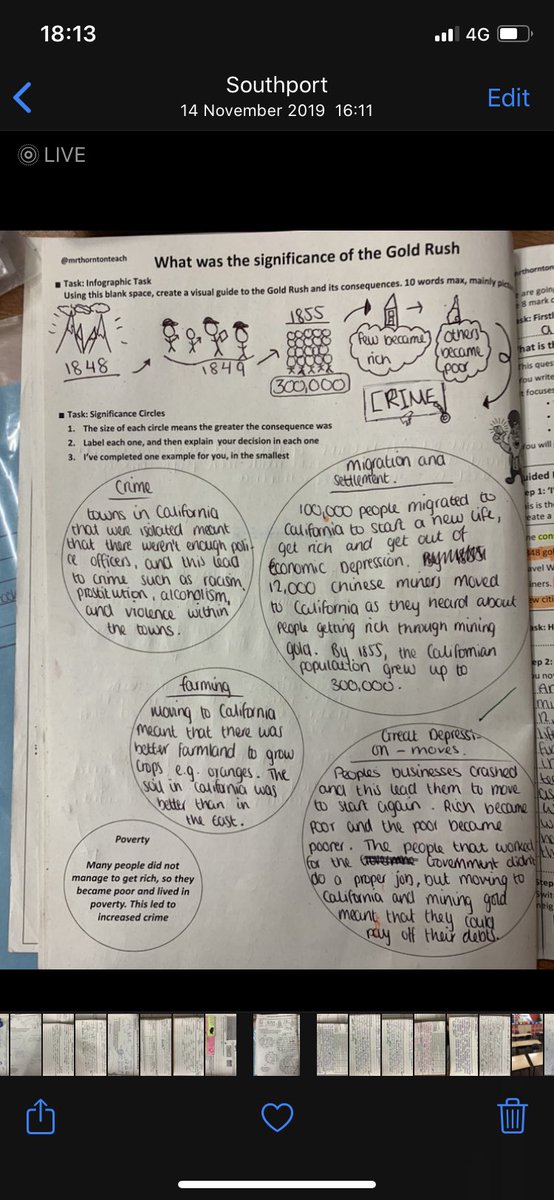
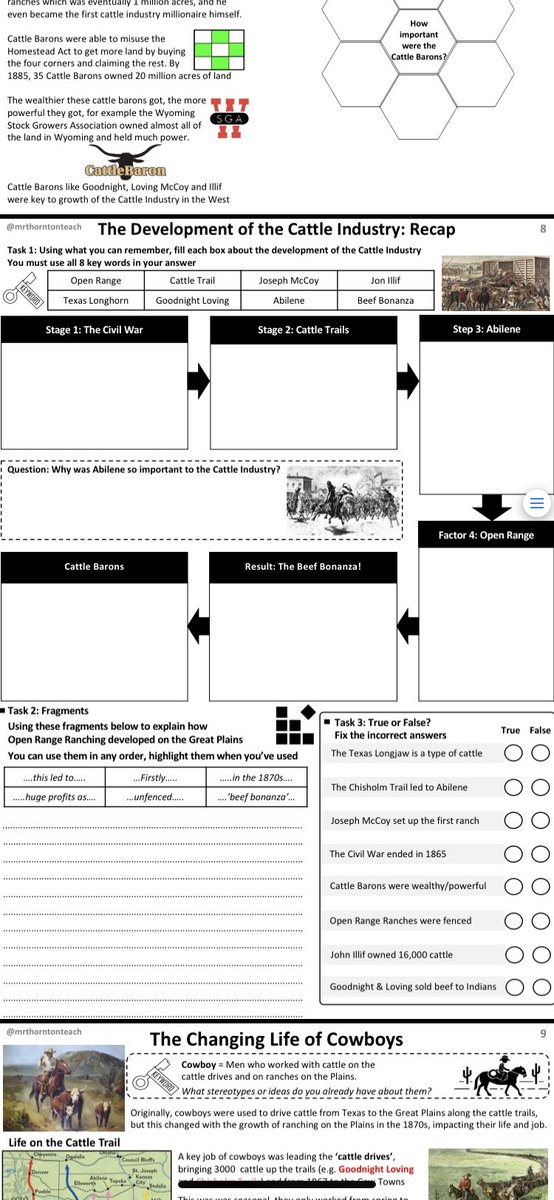
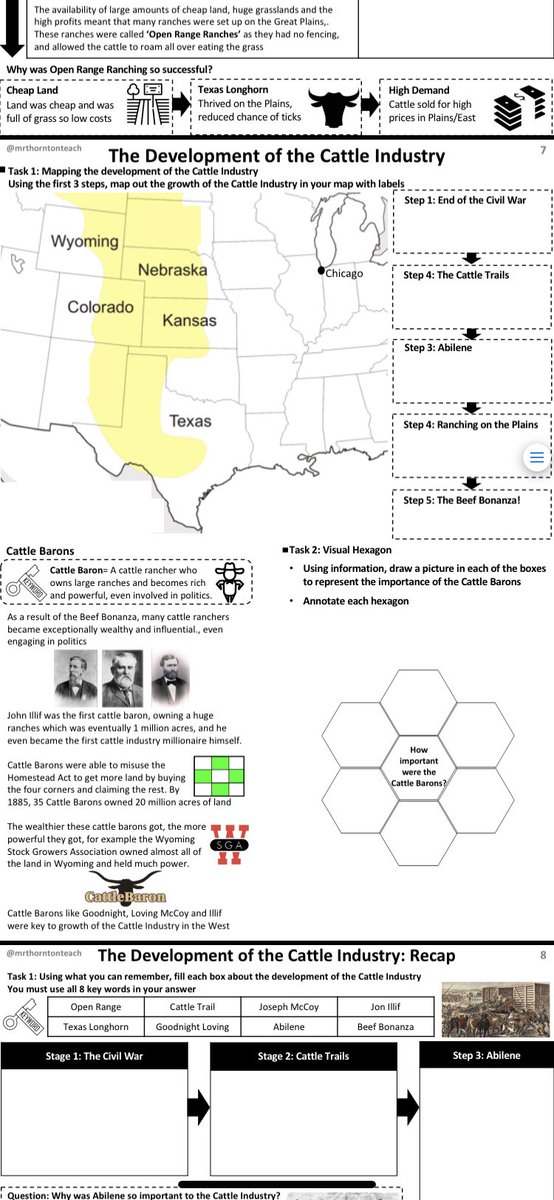
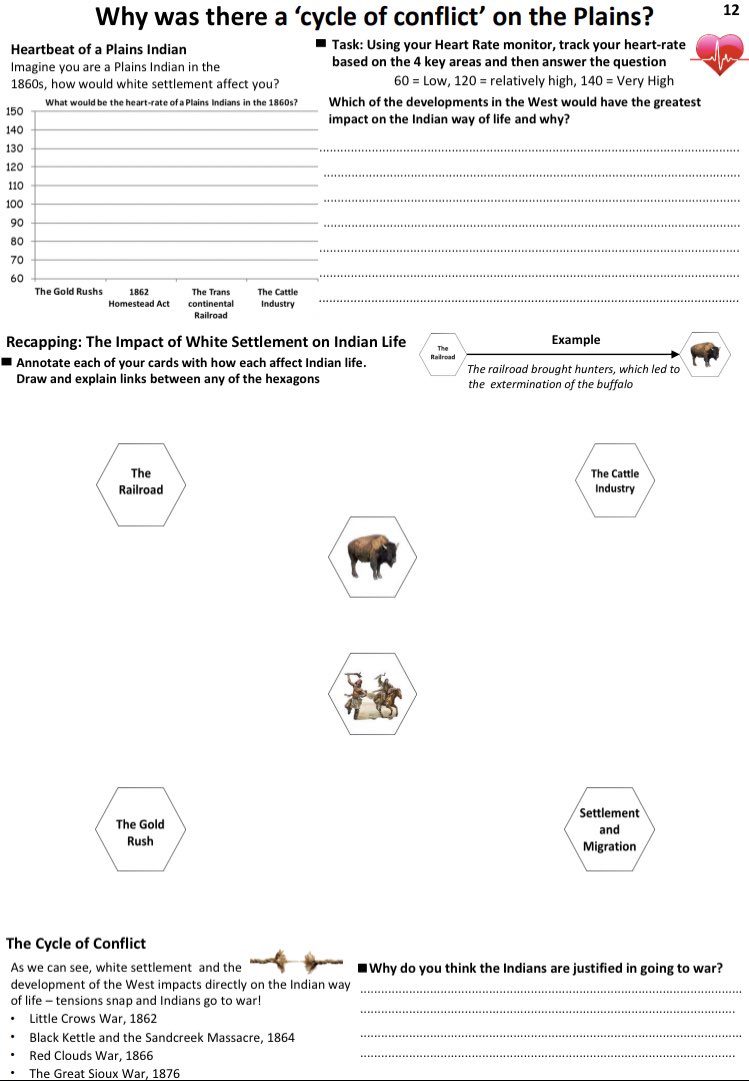
Keyword banks, lots of definitions and using language to drive historical thinking (thanks to @JamesVWoodcock for this)
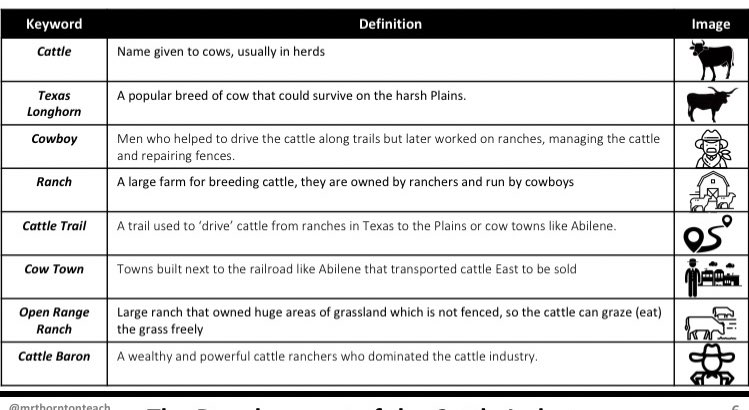
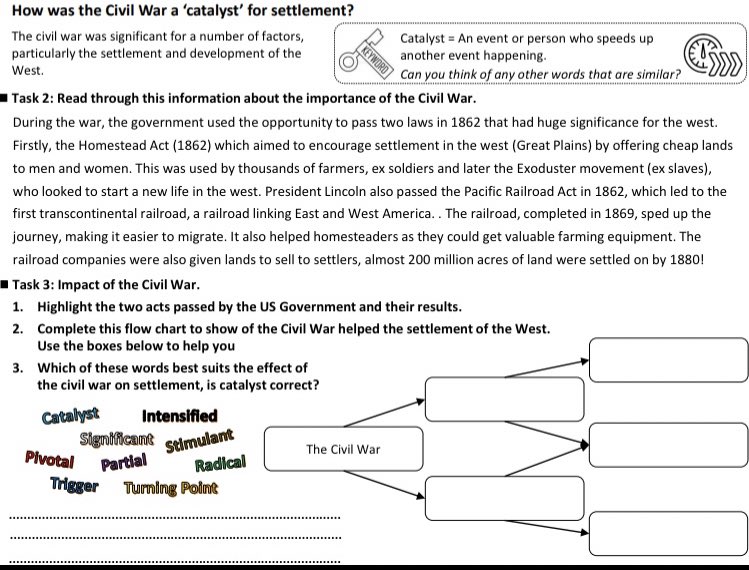
I’m not chained to the booklet, it’s not a rigid thing and I’ve often gone off piste to re-explain, model and do different activities which have gone in our messy planning books
Im also ‘behind’ the dept at the mo, as we’ve taken our time, re-covering stuff etc
So far my Y9 have enjoyed using the booklets, and I’m trialling with my Y10 top set using the WW1 booklet. Will do student voice & some comparison with other groups.
Lucky to have shared copies of AW booklets with colleagues on twitter, so far so good
I love making them, it’s made me a better teacher as I’ve really honed in on the core knowledge students need to know
I’ve thought more about sequencing the learning more than ever, and moving on from thinking just about learning at a lesson level, but as a journey
Time consuming, bloody time consuming, I reckon I’ve spent 100 hours (my wife could probably attest to that) making my WW1 booklet over 2 years.
- More focus on key words, use of Frayer model and more explicit vocab teaching
- More blank pages for students messy planning and note summaries
- Building in more extension/challenges for those who finish quick
Pain of finishing this with a wild 3 year old hanging off you and shining a torch in your eyes























